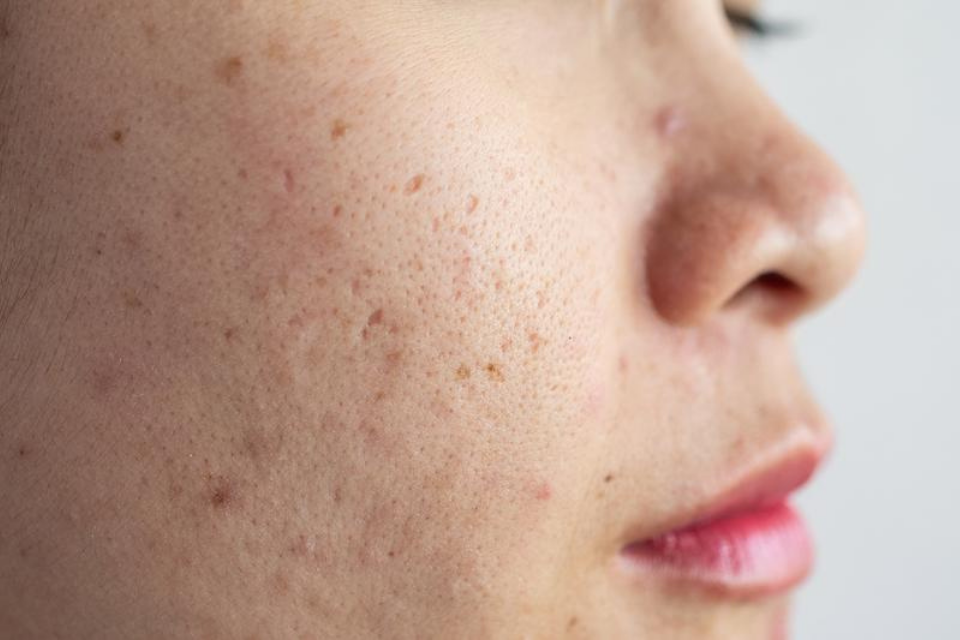 Isotretinoin, a synthetic form of vitamin A, is commonly known as Accutane, although that product brand is no longer available on the market. There are several generic versions that have taken it’s place, yet still have the same active drug, Isotretinoin.
Isotretinoin, a synthetic form of vitamin A, is commonly known as Accutane, although that product brand is no longer available on the market. There are several generic versions that have taken it’s place, yet still have the same active drug, Isotretinoin.
Isotretinoin works very well for recalcitrant or stubborn acne. It’s used as a third-line agent after topicals and oral antibiotics have failed. We also reserve this agent for cases where scarring is imminent and there’s a particularly heavy psychosocial impact for a patient who’s suffering from severe nodular cystic or stubborn acne.
Our idea behind Isotretinoin and its role in acne is two-fold. One, we know that the synthetic vitamin A has a blunting effect on bacterial proliferation in the hair follicles, and that’s one way we know that it drops propionibacterium acnes, which is the name of the bacteria that causes acne.
Second, a feature of Isotretinoin that we haven’t fully understood, is that it seems to play a role on the skin exfoliation, and thereby resulting in fewer clogged hair follicles or fewer clogged pores, and that this clogging of pores is also the first stage of development of new acne. So by causing an exfoliation of skin and also by dropping bacterial counts on the surface of the skin, those are the two primary reasons why Accutane has a really nice, durable effect on acne.
Accutane or Isotretinoin is well-known for not only the effects it has on acne, but also the durability of effect. So a lot of the medications we use for acne, after you discontinue them, acne can come back really quickly. Accutane, for reasons not entirely understood, has a nice duration of effect. There’s a 10% average, nationwide, of patients that will require a second course of Accutane, by and large, one course of Accutane is enough to treat nodular cystic acne for quite a long time.